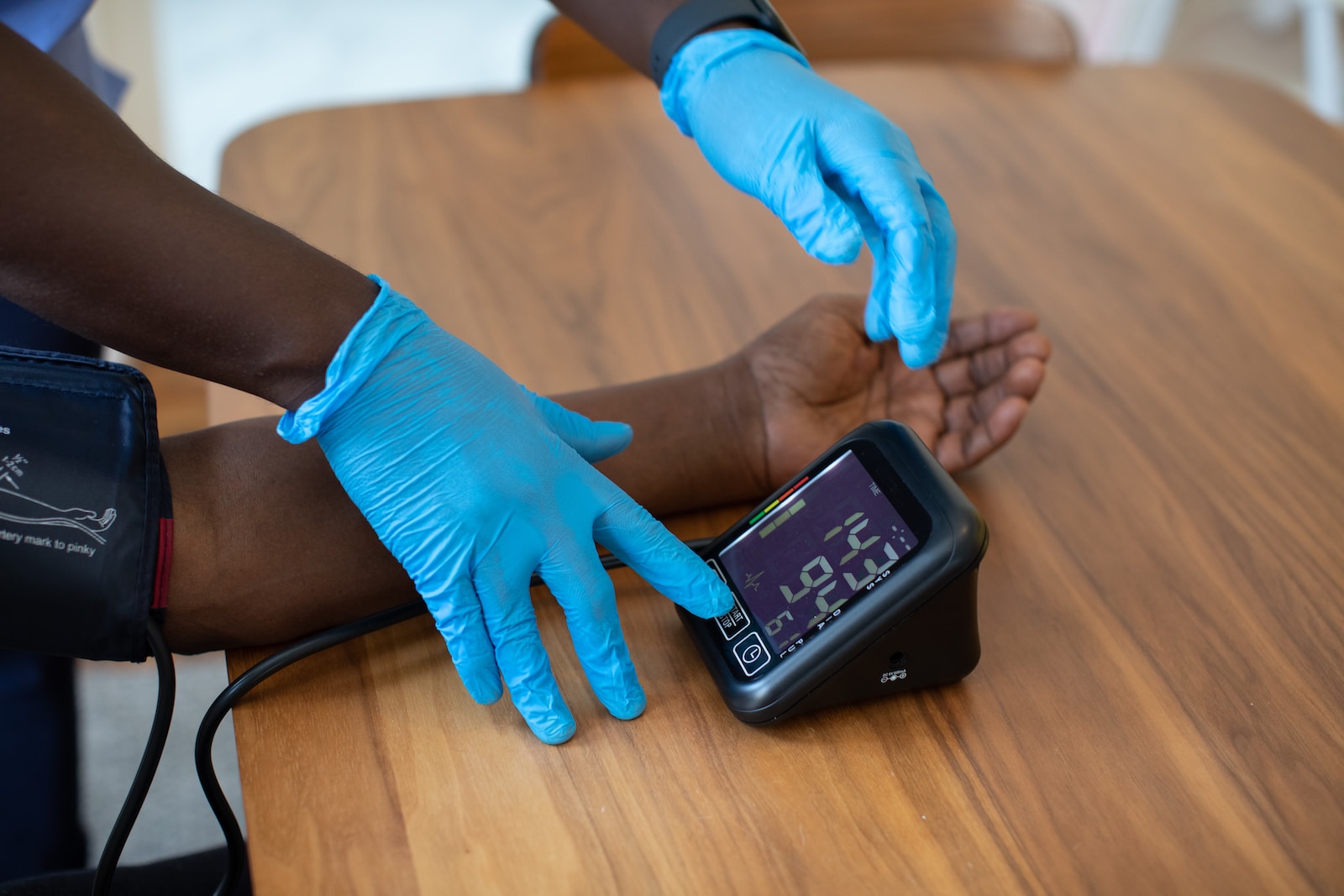Artificial intelligence (AI) has been revolutionizing the healthcare industry with its ability to analyze large amounts of data, automate processes, and provide personalized, evidence-based care. AI is transforming healthcare delivery, augmenting the capabilities of healthcare professionals, and improving patient outcomes. This article will explore how AI is revolutionizing healthcare, the benefits of AI in patient care, the challenges of AI in healthcare, AI in diagnosis and treatment, and the future of AI in healthcare.
What is Artificial Intelligence?
AI is a broad term that refers to the ability of machines to learn from experience, solve problems, and make decisions. AI is used to create computer programs that can learn and adapt to changing environments. AI can be used in healthcare to identify patterns in data, automate processes, and provide personalized, evidence-based care.
How AI is Revolutionizing Healthcare
AI is transforming the healthcare industry by automating tasks, providing insights from data, and improving patient outcomes. AI can be used to analyze large datasets to identify patterns and trends, which can help healthcare professionals make more informed decisions. AI can also automate administrative tasks, such as scheduling appointments and managing patient records. Finally, AI can be used to provide personalized, evidence-based care by creating individualized treatments and interventions.
Benefits of AI in Patient Care
The use of AI in patient care can lead to improved outcomes, decreased costs, and better patient experiences. AI can help healthcare professionals quickly diagnose and treat patients, leading to faster recovery times. AI can also help reduce costs by automating administrative tasks and providing insights from data. Finally, AI can improve the patient experience by providing personalized, evidence-based care.
Challenges of AI in Healthcare
Despite its potential, AI in healthcare is not without its challenges. AI systems can be expensive to develop and maintain, and the technology is still in its early stages. Additionally, AI systems are only as good as the data they are trained on, and bias can be introduced if the data is not representative. Finally, there is a risk of privacy and security issues if AI systems are not properly secured.
AI in Diagnosis and Treatment
AI is being used to diagnose and treat a wide variety of conditions, from cancer to mental health. AI is being used to analyze medical images, such as X-rays and CT scans, to identify signs of disease. AI can also be used to create personalized treatment plans based on a patient’s medical history and current health status.
Future of AI in Healthcare
The future of AI in healthcare is bright. AI is being used to create more personalized, evidence-based care, and new technologies are being developed to improve patient outcomes. AI is also being used to reduce costs and automate administrative tasks, which will help healthcare professionals focus on delivering the best care possible.
AI is revolutionizing the healthcare industry by providing insights from data, automating processes, and providing personalized, evidence-based care. AI is being used to diagnose and treat a wide variety of conditions, and new technologies are being developed to improve patient outcomes. As AI continues to evolve, it will become an even more powerful tool for healthcare professionals to deliver the best care possible.
